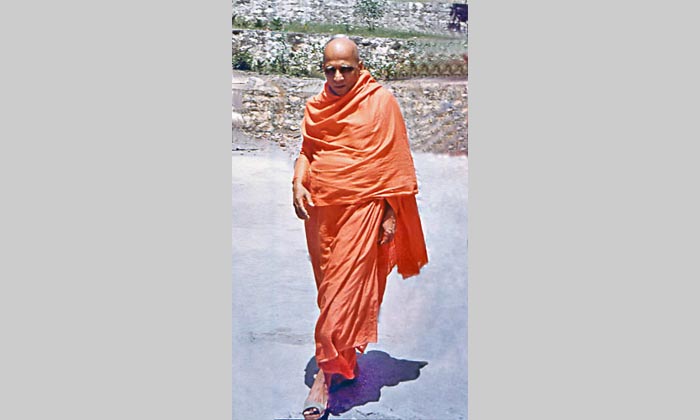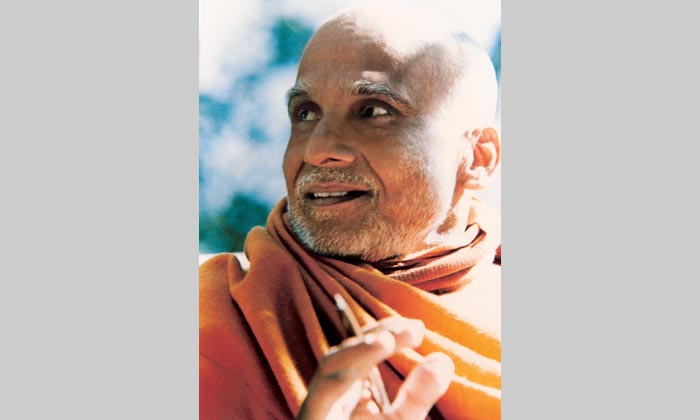The Spiritual Import of the Mahabharata and the Bhagavadgita : 14-8.

Chapter 14: The Absolute Pervading the Universe-8. Everything is there and nothing is there. The sense in which everything is there and the sense in which nothing can be there has also been explained. “Where something is seen outside, something is heard outside and something is understood outside, that state of affairs is to be regarded as finite,” says the great Teacher Santakumara in the Chhandyoga Upanishad. The Infinite is described in a different manner m: - It is that state where nothing is seen outside, nothing is heard outside and nothing is understood outside. “On what is It rooted?” Narada puts this question to the great Teacher, because we are accustomed to think in terms of rootedness of something in something else. “What is the basis for everything?” he asks, because we cannot think except in terms of basis, the relatedness of the effect to the cause. Everything has to be connected to something else, so Narada asks, “On what is this Absolute rooted?” The








